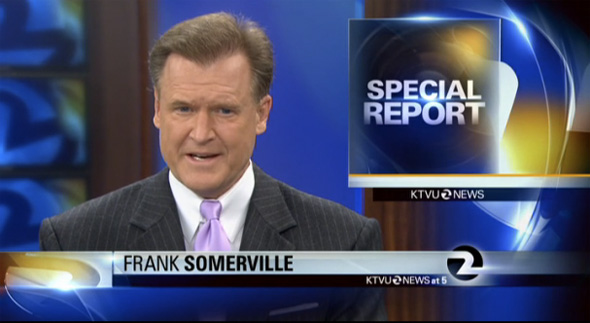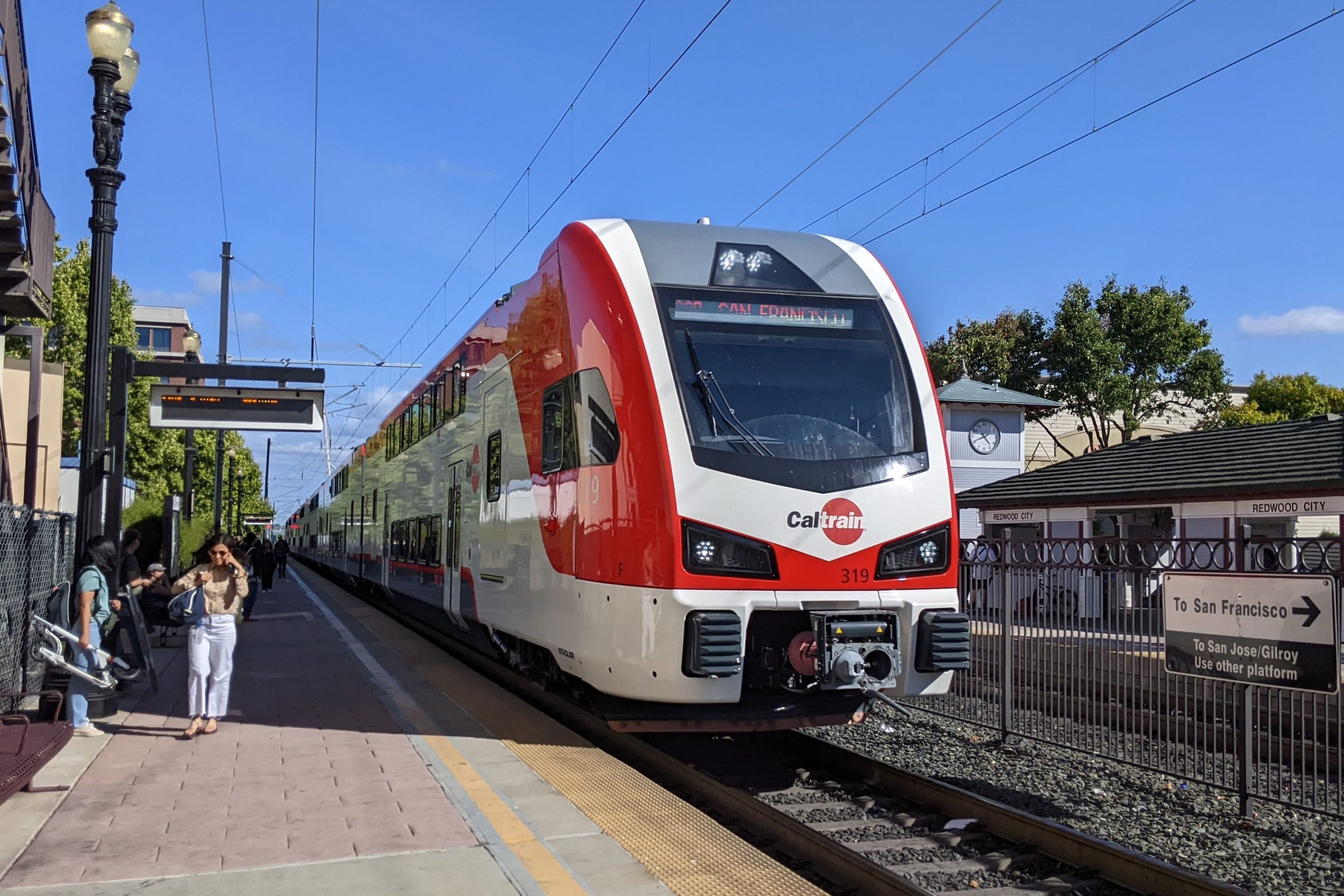
KTVU sure blew away viewers yesterday with its latest muckraking segment on the government scandal that is bike-share.
My mind, for one, was blown by the audacity of KTVU's comically disingenous attempt to paint bike-share as nothing more than an "obscure government agency's latest spending spree," as anchor Frank Somerville introduced it.
"Even its strongest supporters concede there's no actual scientific data showing the multi-million dollar plan will improve our air quality," he said.
Well, KTVU reporter Mike Mibach didn't really seem interested in actually answering whether bike-share has helped reduce driving in any of the 500 cities that have launched it -- not even DC's Capital Bike-Share (yes, that's the label on the sample bike shown in his segment). In DC, bike-share shattered expectations in its first year with 18,000 registered members logging over a million trips -- double the projections. According to survey data, the system led to an overall increase in transit and bicycling use, and an average savings of $891 per year in transport costs for users.
But according to KTVU, it's all just a waste and the SF region shouldn't try to get results like that. Nope, we should just sit back and watch as NYC launches a 330-station system (which got 4,000 people to sign up within the first 24 hours of membership sales).
We won't do too much more of KTVU's homework, but there are studies from many other cities showing how bike-share complements transit systems and leads to greener transportation habits -- in places as far-ranging as Minneapolis; Hanghzou, China; and Paris, where motor traffic has declined by 25 percent since 2007, when bike-share launched there.
KTVU apparently went to some lengths to frame bike-share as an unprecedented boondoggle. Karen Schkolnik, grant programs manager for the Bay Area Air Quality Management District, is shown in the segment responding to a question about whether people have sold their personal bikes to rely on bike-share, which has nothing do with reducing driving and air pollution (and isn't the point of bike-share). "I don't know that that question has been asked that way," you see her say in the segment. In what sound like his "gotcha" tone, Mibach follows up with: "In a word, no."
Schkolnick told me those sound bytes were the only pieces sliced out of an hour-long interview. "The studies do show that not only does driving go down, but individual use of personal bicycles also goes up, in general," she said. "In terms of people selling their bicycles and just using these, there's no data showing that people do that, and that's what I was trying to explain, and somehow I don't think that came across effectively."
When it comes to drumming up controversy around bikes, we know we can count on KTVU to put fearmongering over facts.





